Idea by
Felipe Miño
https://www.primitivoestudio.org
Call for ideas 2021
Zambrattia Playcourt
Zambrattia Playcourt
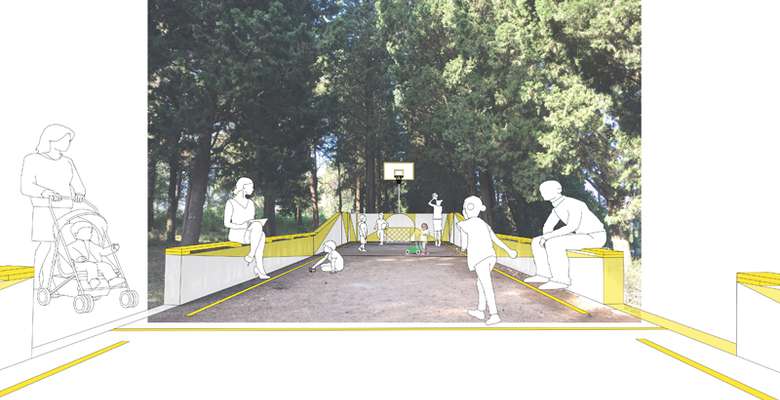
- Site-specific cases
Apply logic of spatial regeneration, which sees unused spaces as potential, resources with the ability to renew themselves, appropriate not only in contexts of urban degrowth but also in situations of growth, in the pursuit of an alternative valid to apply to our cities in the search of sustainable development. Within this theoretical framework, Zambrattia Playcourt is a small scale urban regeneration project sefl managed which explore a directly impacts in a specific territory and its actors, in a tangible and intangible way. For this reason, the necessary resources have been set in motion to bring a disused infrastructure back to life of the city through the shared management of various territorial actors, the work of co-desing and co-planning with the community, the search for funds and resources to finance the construction of the proposal trying to promote a cultural change towards the collective and the possibility that the spaces have to iterate through adaptive reuse.
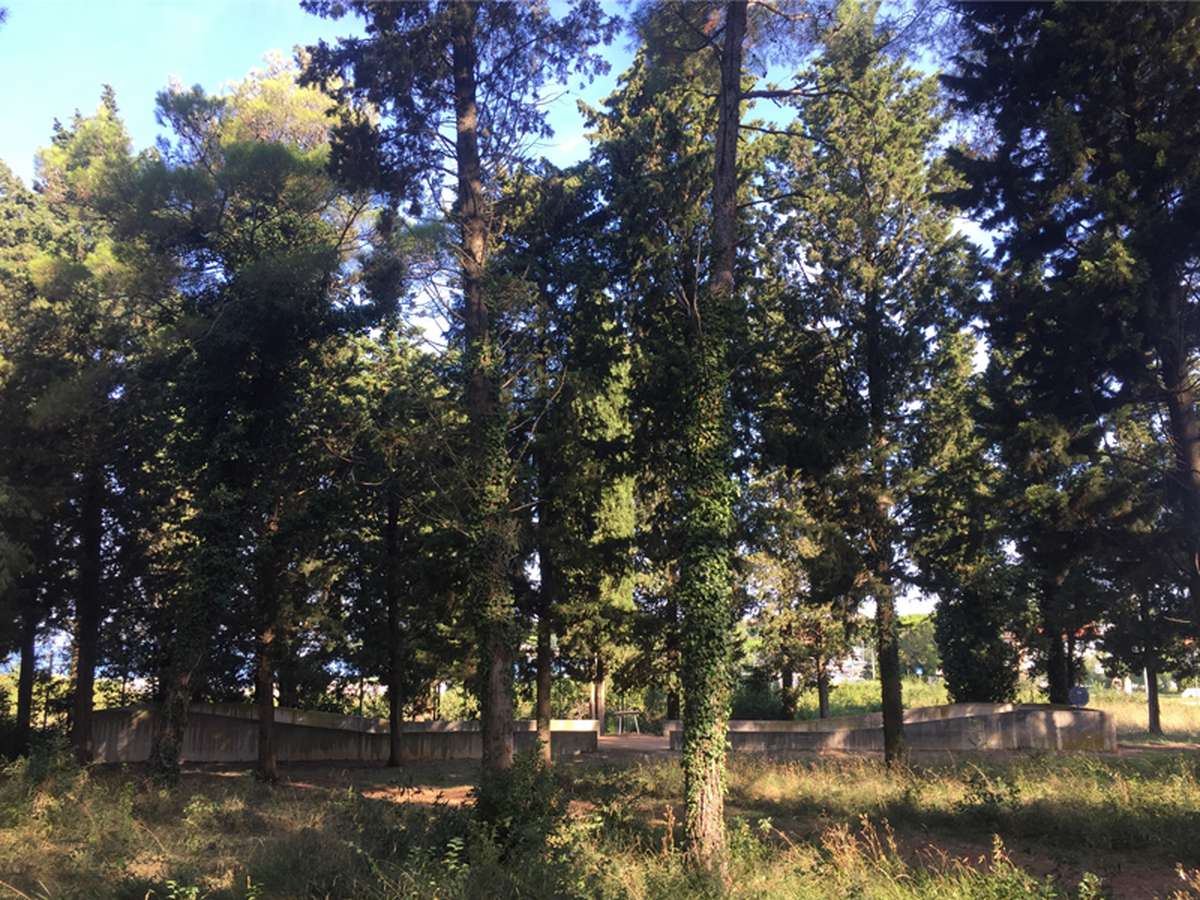
Ex Zambrattia Bocce Court, the disused infrastructure.
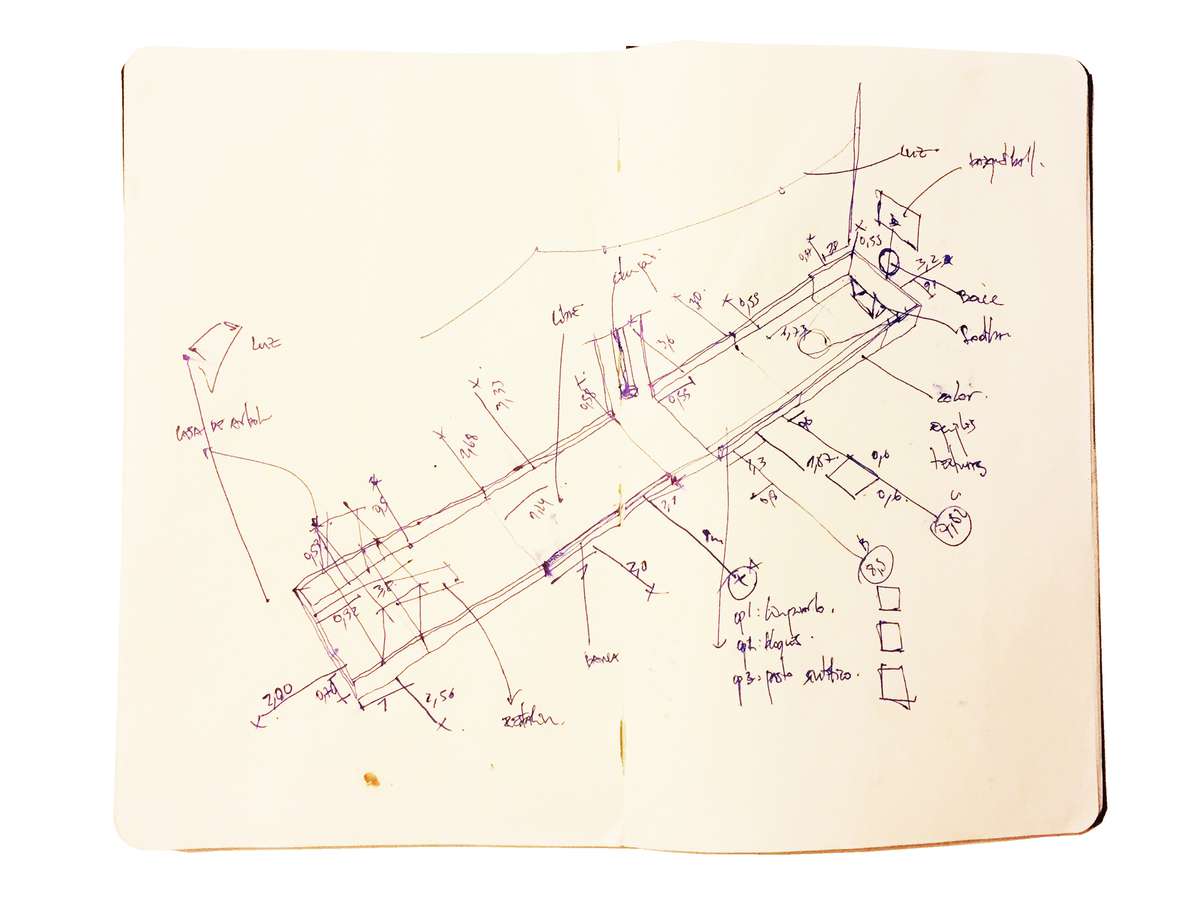
Resulting image from co-design process with the community.
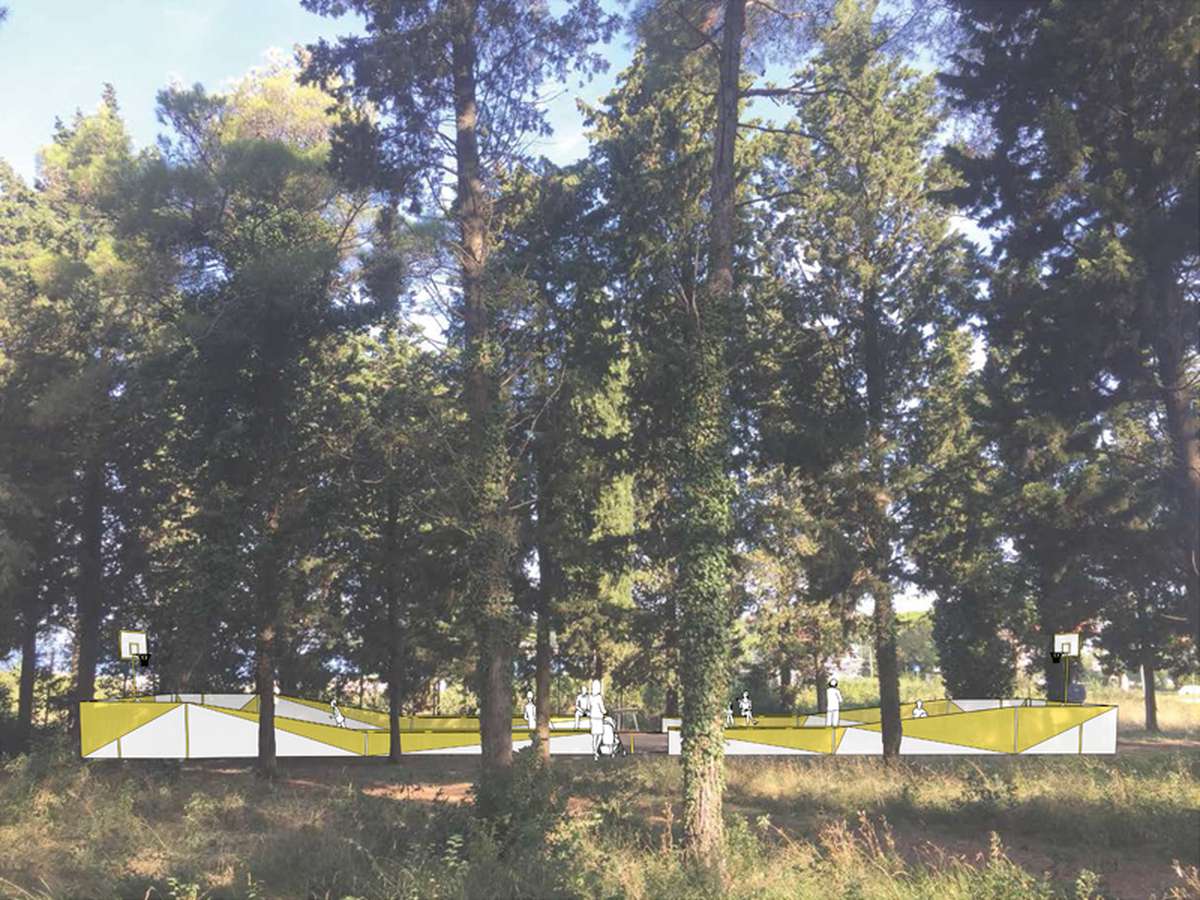
Zambrattia playcourt, project visualization.
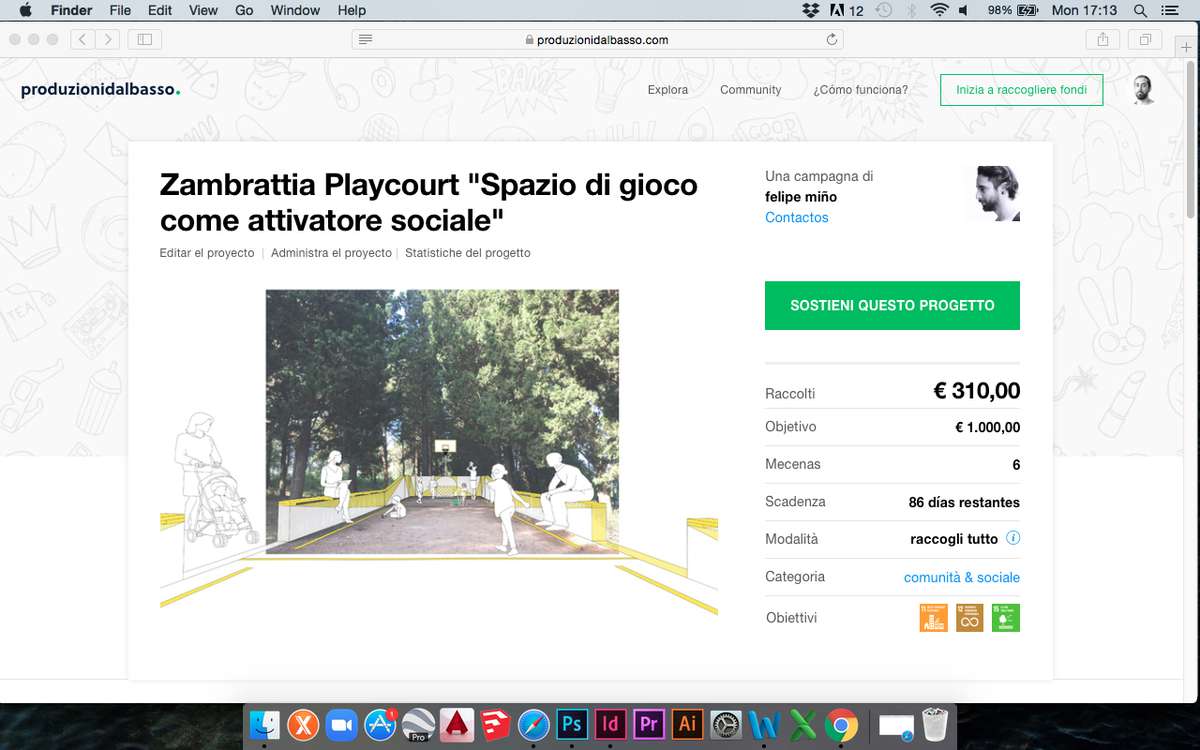
Fundraising process.
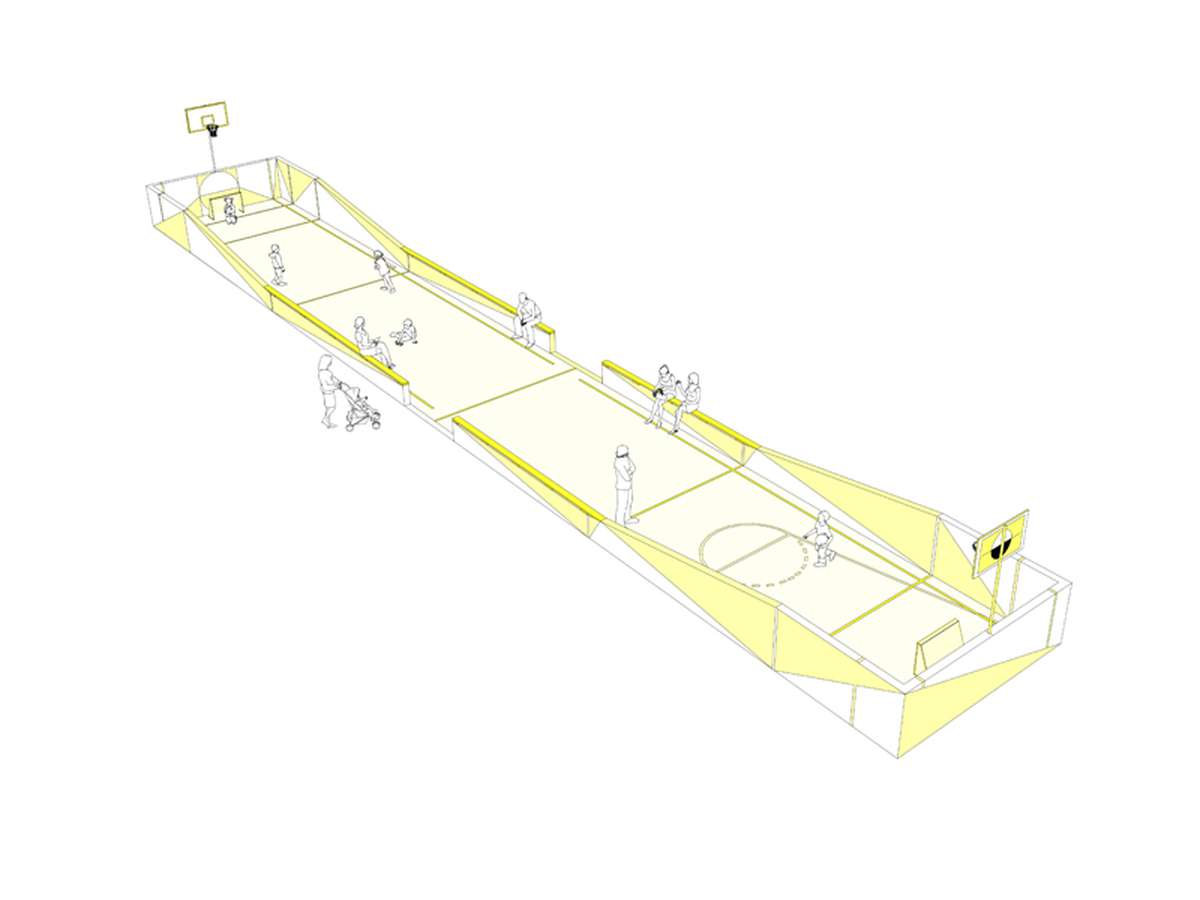
Isometric project view
Zambrattia Playcourt
Zambrattia Playcourt

- Site-specific cases
Apply logic of spatial regeneration, which sees unused spaces as potential, resources with the ability to renew themselves, appropriate not only in contexts of urban degrowth but also in situations of growth, in the pursuit of an alternative valid to apply to our cities in the search of sustainable development. Within this theoretical framework, Zambrattia Playcourt is a small scale urban regeneration project sefl managed which explore a directly impacts in a specific territory and its actors, in a tangible and intangible way. For this reason, the necessary resources have been set in motion to bring a disused infrastructure back to life of the city through the shared management of various territorial actors, the work of co-desing and co-planning with the community, the search for funds and resources to finance the construction of the proposal trying to promote a cultural change towards the collective and the possibility that the spaces have to iterate through adaptive reuse.
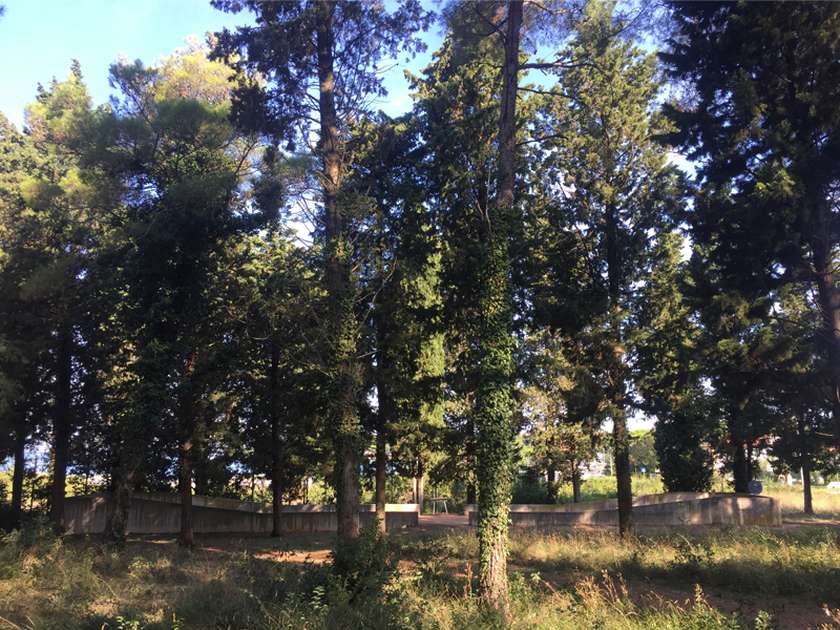
Ex Zambrattia Bocce Court, the disused infrastructure.
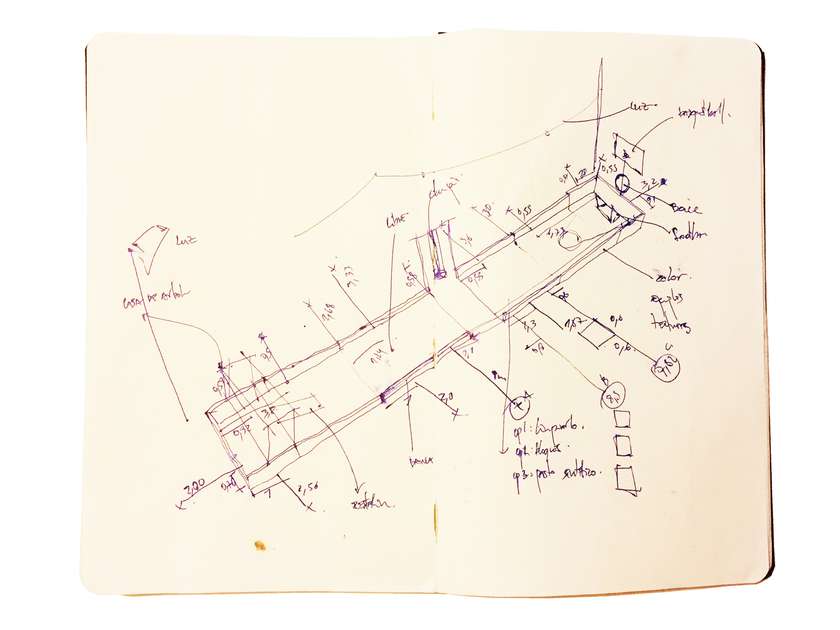
Resulting image from co-design process with the community.
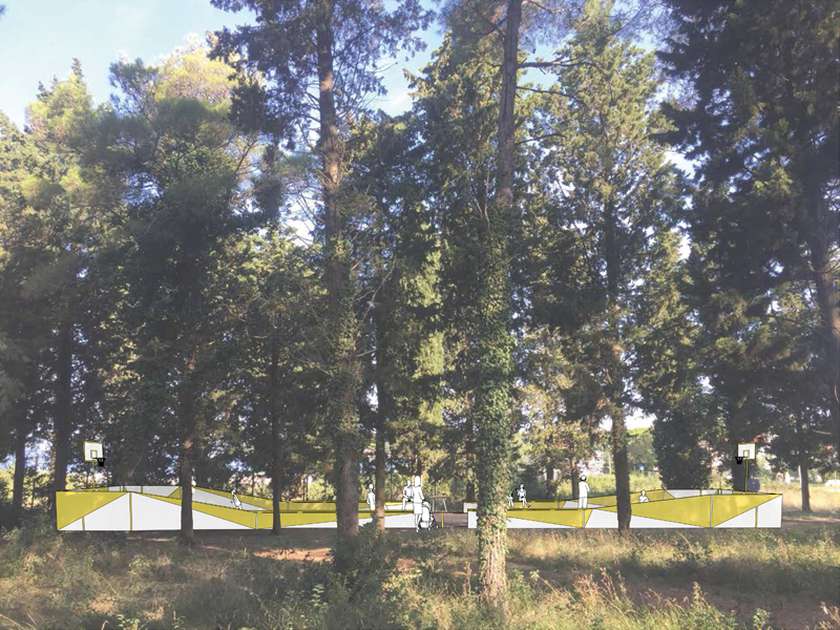
Zambrattia playcourt, project visualization.
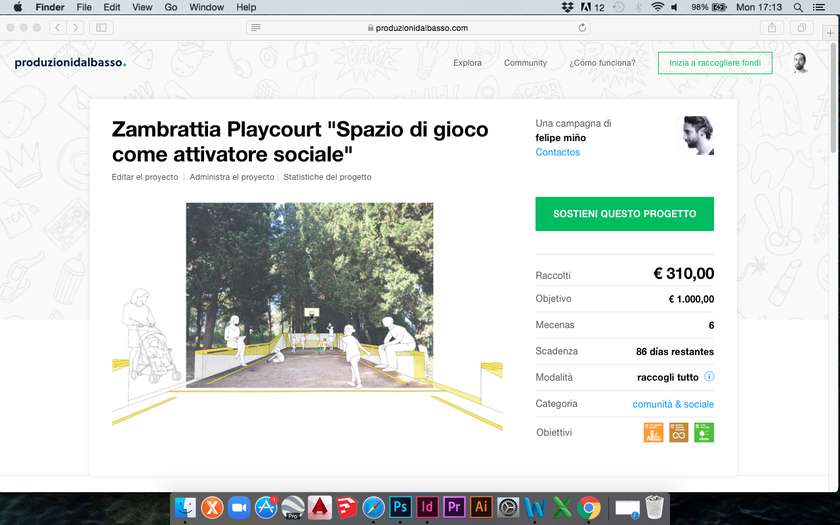
Fundraising process.
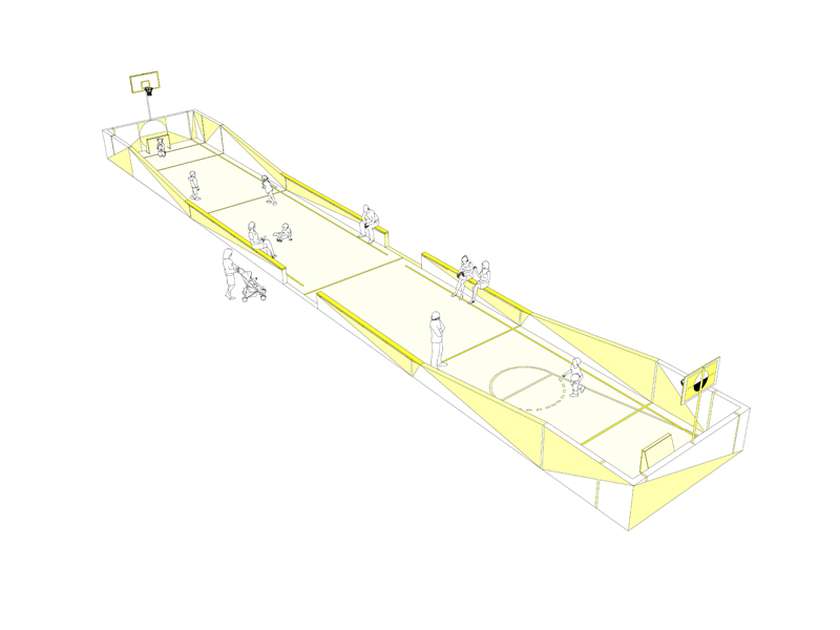
Isometric project view